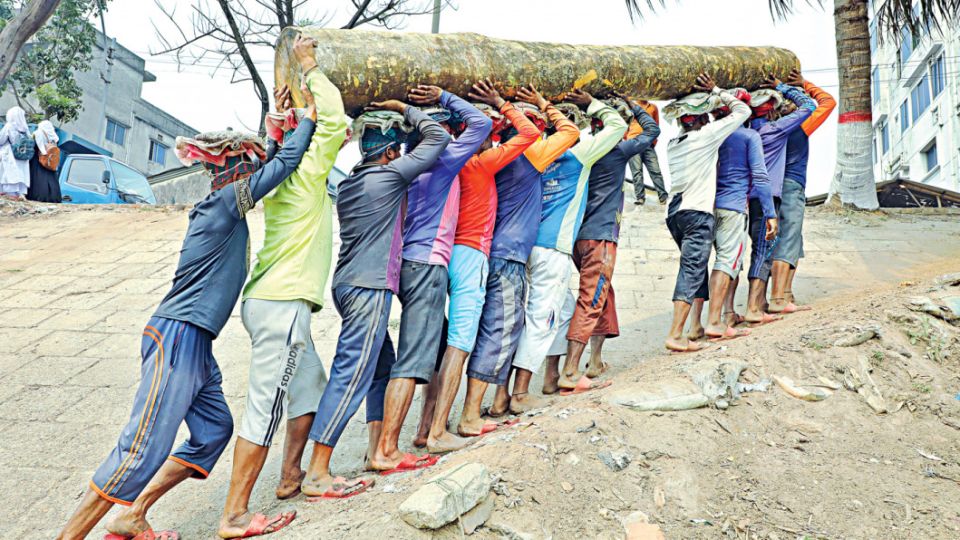June 21, 2022
DHAKA – Nominal wage growth at the low skill level overall has fallen behind the headline inflation.
This means real wages of unskilled and semiskilled workers have declined, except in the industrial sector, which employs a relatively small fraction of the total labour employed.
A fall in real wages when both GDP growth and inflation are rising is a phenomenon hard to find elsewhere and even harder to explain.
Labour supply growth appears to have outpaced the growth in domestic demand for labour.
This, however, implies an increase in employment. Unfortunately, we don’t have updated employment data to verify this claim.
It is possible that the coronavirus pandemic caused a structural change in demand for workers with increased reliance on digital technology in both production and distribution of goods and services.
Consequently, demand for unskilled labourers did not grow as strongly as the GDP with the flattening of the virus spread.
Real wage decline is much worse in fisheries, construction and services. This could push many low-income families back into poverty.
An appropriate fiscal policy response, whose details are well-known, is needed to help the poor and vulnerable cope with the increased stress on their livelihoods.


